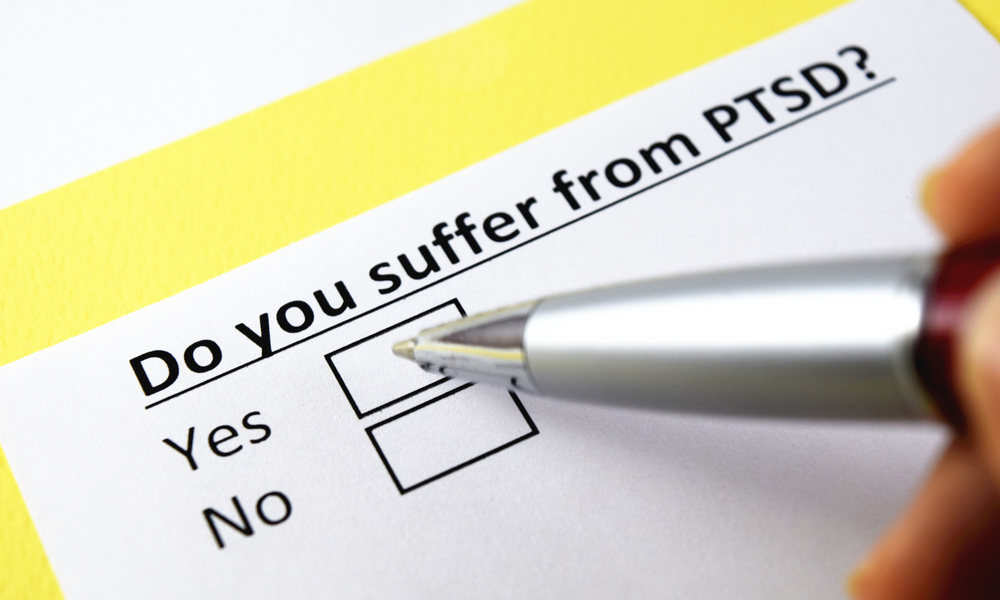The indica vs. sativa distinction may not be 100 percent reliable, but most tokers claim it has its merits. Not only do these major cannabis variants look different, they tend to produce unique highs. This info could be especially beneficial for medical marijuana patients who want to know whether indica or sativa for PTSD works best.
As more states recognize PTSD as part of their MMJ programs, there’s debate over which cannabis strains have the highest success rate with patients. The first step in addressing this question is to figure out whether indicas or sativas work better for people with PTSD.
Indica Or Sativa For PTSD Sufferers? — Is There A “Higher” Choice?
There’s no empirical evidence that suggests indicas or sativas work better for PTSD patients. However, most anecdotal reports suggest indica-heavy strains are the safer option.
Since PTSD is an anxiety condition, it’s imperative to find strains that help patients “chill.” Indicas have a better track record of soothing and sedating tokers, which could help ease PTSD symptoms like restlessness, nightmares, and insomnia.
Another significant benefit of using indica strains is they tend to have more CBD than sativas. Even in low concentrations, CBD seems to balance out THC’s psychoactivity.
In fact, there are now a few studies that suggest low-THC strains have a greater chance of reducing anxiety versus high-THC products. There’s also strong evidence CBD has natural anti-anxiety properties without the risk of adverse side effects.
On average, sativa strains have the highest concentration of THC and virtually no CBD. Many big-name sativa hybrids are also famous for high concentrations of energizing terpenes like limonene. Both of these factors may intensify a sativa strain’s head-rush effects. People who are already prone to anxiety are more likely to experience panic attacks with a “wake & bake” sativa versus a “stoned” indica.
What Should PTSD Patients Look For In Cannabis Strains?
There’s a lot for PTSD patients to consider when shopping for cannabis strains. In addition to indica-to-sativa percentage, customers must review each strain’s THC/CBD ratios and terpene concentrations. These three factors should give customers a decent “preview” of their intended strain.
As mentioned above, strains that lean indica are usually better suited for PTSD patients. Many PTSD patients also prefer strains with higher-than-average traces of the non-psychoactive cannabinoid CBD.
Interestingly, some PTSD patients prefer using CBD-rich hemp strains to avoid THC overexposure. While CBD hemp won’t provoke a “stoned” high sensation, it could provide subtle and soothing relief from PTSD symptoms.
PTSD patients should also consider what terpenes are in their cannabis strain. While terpenes are most closely associated with aromatics, they seem to provoke different physiological effects.
For instance, strains high in terpenes like myrcene, beta-caryophyllene, and linalool tend to have sedating and anti-anxiety properties—both of which are ideal for PTSD patients. On the opposite extreme, terpenes like the citrusy limonene are typically associated with intense “head-rush” strains.
If PTSD patients can’t pick the perfect cannabis strain, they should review the typical effects associated with different hybrids. There are now countless websites and forums where tokers openly share their experiences with various strains. Learning the average effects of each strain could help PTSD patients tailor their experience for their symptoms.


